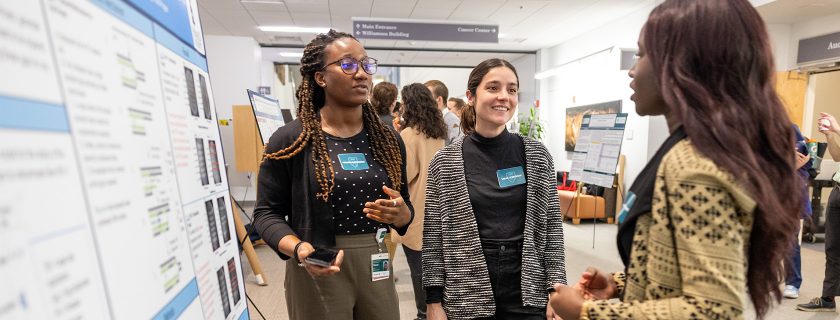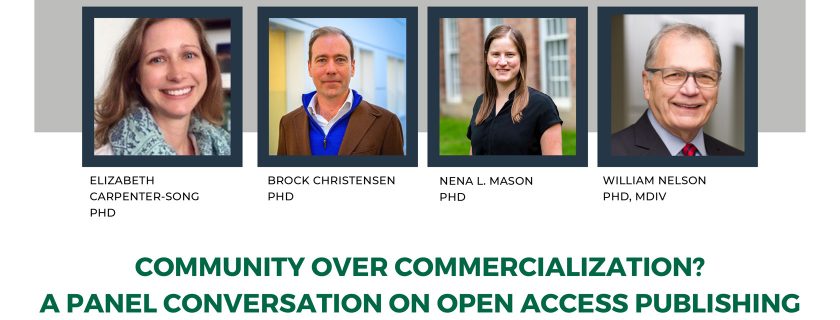Read article – Alexander Reeves, a professor emeritus of neurology, is featured in an article about the proposed benefits and side effects of statins, a class of cholesterol-lowering medications often prescribed to diabetics to lower their risk of various cardiovascular events. “Other past research, with 150,000 female participants, revealed a 71% increased risk of diabetes,” Reeves said.
Articles by: Geisel Communications
Turns Out People Actually Die Twice When the End Comes – Health Digest
Read article – James Bernat, a professor emeritus of neurology, is cited in an article about what happens biologically when we die. When it comes to brain death, doctors ultimately pronounce that death in a hospital setting.
Gun Safety Is Public Health, Not Politics – New Hampshire Bulletin
Read article – Dartmouth Health CEO and President Joanne Conroy ’77 and Keith J. Loud, chair and associate professor of pediatrics, co-author an opinion piece about gun violence as a public health issue. “One way to address gun violence as a public health crisis is to share information with responsible gun owners about how to store firearms safely: locked up and with the ammunition locked and stored separately, which research shows can reduce firearm injury and death,” Conroy and Loud write.
Why NH Provides Free Private Well Testing for Pregnant WIC Participants – New Hampshire Bulletin
Read article – Caitlin Howe, an assistant professor of epidemiology, is featured in an article about well water testing to combat the dangers of exposure to toxic heavy metals during pregnancy. “Arsenic is a major concern,” Howe said. “It’s a known carcinogen. There have been studies linking it to higher blood pressure, gestational diabetes, adverse birth outcomes, reduced lung functions.”
Five Ways in Which Rookie Lab Leaders Can Get Up to Speed – Nature
Read article – Prachee Avasthi, an associate professor of biochemistry and cell biology, is mentioned in an article about support for new lab leaders. Avasthi launched a support group on Slack to build a community for new PIs.
Mammograms Show Promise as Tool for Predicting Heart Disease and Stroke in Women – American Heart Association News
Read article – Thara Ali, an instructor in medicine, is featured in an article about the potential benefits of routine mammograms beyond detecting breast cancer. “We know we need to find better ways to predict heart disease in women before it happens,” Ali said. “We’re saying these patients can be risk-stratified with routine mammograms they get every one to two years anyway. This is a pretty simple way the average cardiologist can find out if a woman is at risk.”
Geisel Students Present Research at Annual Poster Night
Geisel’s Annual Poster Presentation Night where current second-year medical students present their summer research projects was held on Wednesday, Nov. 1 at DHMC. This year there were a record number of presenters and posters (78) including some first- and third-year medical students.
Open Access Publishing Week Events
The Health Sciences and Biomedical Libraries are pleased to invite you to a new series dedicated to beginning a conversation around Open Access Publishing at the Geisel School of Medicine, November 14-17.
A First-of-Its-Kind Substance Use Disorder Screening Tool Is Piloted at New Hampshire Hospital – New Hampshire Bulletin
Read article – Corneliu Stanciu, an assistant professor of psychiatry, is featured in an article about a data-driven substance use disorder screening algorithm for patients with severe mental illness. “When one is in an acute psychiatric crisis, they’re not always able to accurately and even at all provide the input,” Stanciu said. “They may be so disorganized that we’re not able to have these types of conversations early on in their admission. We’re missing that window of opportunity to intervene right away.”
Inside the Obscure Legal Problem of Redefining Brain Death in America – The Messenger Tech
Read article – James Bernat, a professor emeritus of neurology, is quoted in an article about legally defining what it means to be brain dead. Bernat says that a new proposed law would allow exemptions to brain death based on any opposition, including emotional opposition, not just religious objections.

